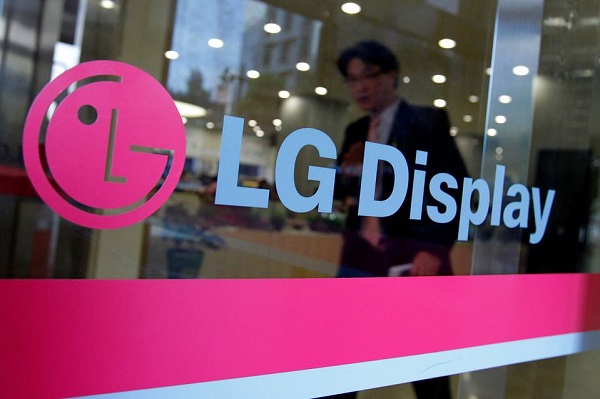Vice Chairman of Korean panel maker LG Display (LGD) Sang-Beom Han announced in July that by the end of 2017, LCD panel Fab P2, P3, and P4 in Gumi would be shut down. Fab P4 is officially closed. Sources pointed out that LGD is accelerating the transformation to pare down LCD Lines.
 |
|
(Image: Wall Street Journal) |
LGD said that Fab P2, P3, and P4 will not manufacture other products after being shut down. However, some market observers predicted that these production lines might be converted to make high-value-added products, such as OLED or ultra-large high-resolution LCD panels, according to Business Korea's news on November 16.
LGD's quarterly report issued on November 15 listed the status of Fab P3, P4, and P5. Fab P4 in Gumi (a Gen. 5 LCD panel fab) was officially shut down in October. Gen. 3.5 Fab P2 is already shut down as well and Gen. 4 Fab P3 will be closed by the end of 2017. Fab 5 is the only one that will remain to produce LCD panels of Gen. 5 and below.
About LGD's future panel production investment plans, Han expressed that LGD temporarily does not plan to invest more in LCD panels. The production of high-end LCD panels will continue to support customers’ orders for high resolution products.
LGD's current major LCD panel fabs are Gen. 8 lines (Fab P8 and P9). They have launched various differentiated products, such as ultra-lage high-resolution UHD TV panels and monitor panels.
The firm plans to invest 20 trillion Korean Won in OLED production by the end of 2020, which will later be implemented in Fab P10 and E6 located at Paju, Fab E5 in Gumi, and another fab in Quangzhou, China.
The supply of OLED equipment has experienced shortage, so the market pays attention to OLED equipment orders. LGD recently started to order extra OLED equipment, to expand mid-and-small-size OLED panel capacity. DB Securities' research showed, LGD's investment in OLED equipment in 2018 will reach 8.5 trillion Korean Won, up 21.4% YoY. LGD's goal is to raise mid-and-small-size OLED panels' capacity to 37,500 units per month.
LGD planned to increase capacity of OLED panel for TV in 2018. Its figure might at most grow 60% than the estimated capacity in 2017. LGD's capacity of OLED panel for TV is predicted to come to 1.7 million units in 2017. The firm plans to expand the capacity to 2.5-2.8 million units in 2018, said Nikkei news on November 15.
LGD currently supplies OLED TV panel to 13 enterprises, including Sony and Panasonic. In the OLED TV panel market, LGD nearly controls the whole market share. Thus, when LGD plans to expand capacity by 60%, global OLED TV market might grow accordingly. In 2018, about 1% of the global TV demand will consume OLED TVs, translating to a significant OLED share in the TV market.












